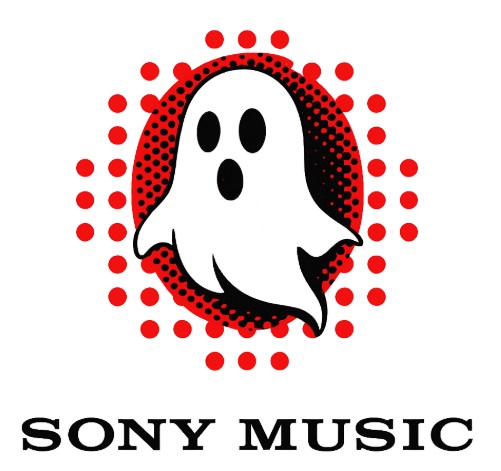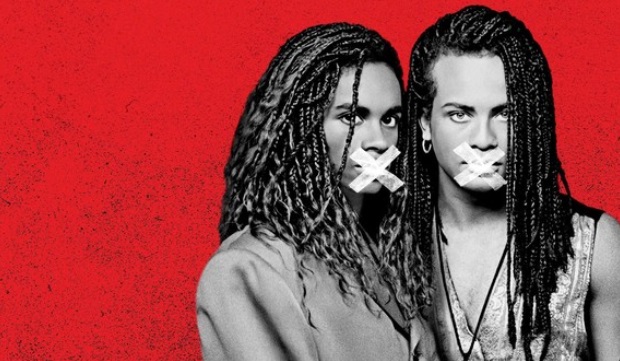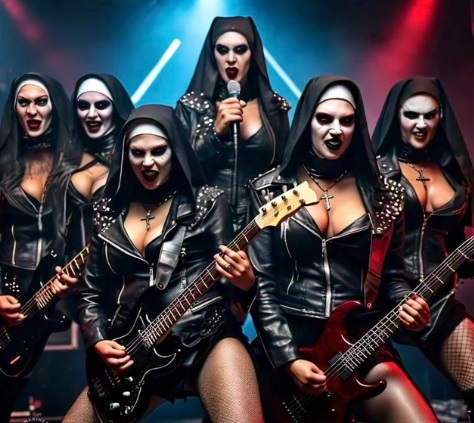The Rise of Ghost Artists: Sony Music Bets on AI, Real Musicians Push Back
Virtual performers, algorithm-generated hits, and zero royalties: Sony's new model is shaking the music industry. As tensions grow, real artists are tearing up their contracts.
In the quiet halls of its Tokyo headquarters and the high-tech labs of Los Angeles, Sony Music is orchestrating a silent – and potentially devastating – revolution in the global music industry.
According to sources close to Music & Power, the major label is making significant investments in the creation of fully virtual artists, powered by artificial intelligence. These synthetic musicians don’t just sing – they compose, write lyrics, produce tracks, and perform… all without earning a single cent in royalties, without contract negotiations, and crucially, without any claim to copyright.
 The strategy eerily echoes the Milli Vanilli scandal of the 1990s, when a pop duo was exposed for lip-syncing songs they didn’t perform. But this time, there’s no one behind the curtain. There are no humans at all.
The strategy eerily echoes the Milli Vanilli scandal of the 1990s, when a pop duo was exposed for lip-syncing songs they didn’t perform. But this time, there’s no one behind the curtain. There are no humans at all.
Inside “Project Echo”
Internal leaks point to a Sony initiative codenamed Project Echo, quietly active for over two years. Its mission: to build a new generation of AI-powered artists, capable of independently generating lyrics, melodies, full arrangements, and even fan interactions through hyper-realistic avatars in virtual performances.
As of now, at least three AI musicians, launched anonymously in 2024 – including the ethereal pop singer “NEONA” and the digital rapper “KX-47” – have already amassed millions of streams across Spotify, TikTok, and YouTube. Their fanbases remain largely unaware that no human voice lies behind the music.
No Royalties, No Rights
At the heart of this transformation is a legal and financial maneuver. Using proprietary AI software, Sony can avoid the traditional expenses associated with real artists: no royalties, no unions, no copyright disputes.
“It’s a calculated, chilling shift,” says Giulia Carone, a lawyer specializing in copyright law. “The songs are registered under corporate entities, and since there are no human creators involved, the label retains 100% of the profits. It’s the death of the traditional artist as we know it.”
 Human Artists Fight Back
Human Artists Fight Back
Not everyone is staying silent. In recent months, at least seven high-profile musicians – including a prominent American indie singer-songwriter and a South Korean pop sensation – have terminated their contracts with Sony Music, citing “deceptive practices” and “an unethical shift in artistic values.”
A spokesperson from the artist advocacy group Music Creators United told Music & Power:
“We’re witnessing a quiet exodus. Artists don’t want to be complicit in a system designed to replace them. We’re currently preparing a class-action lawsuit to defend human creativity.”
Behind the scenes, many more are considering their options, fearful of becoming obsolete in a world where machines don’t need rest, recognition, or royalties.
 A Music Industry Without Soul?
A Music Industry Without Soul?
The implications go far beyond contracts. What happens to the concept of inspiration? Can an algorithm understand heartbreak, rage, or joy? And will audiences continue to support soulless music, no matter how catchy, once they know it was generated by code?
Sony Music, when reached for comment, issued a short statement:
“We are exploring new technologies to enhance the musical experience. Our commitment to innovation remains strong.”
But as code writes chords and avatars take the stage, one question continues to echo through the industry:
Can music truly exist without the soul of its creator?